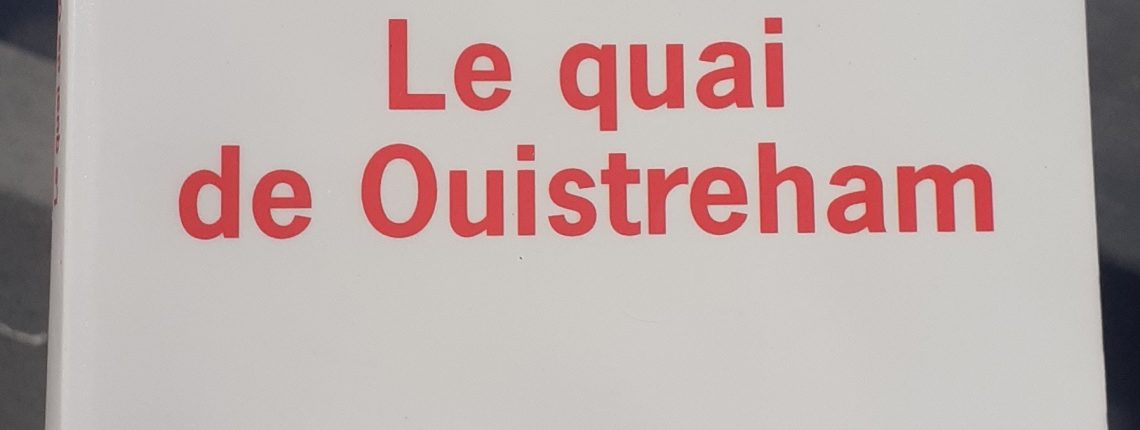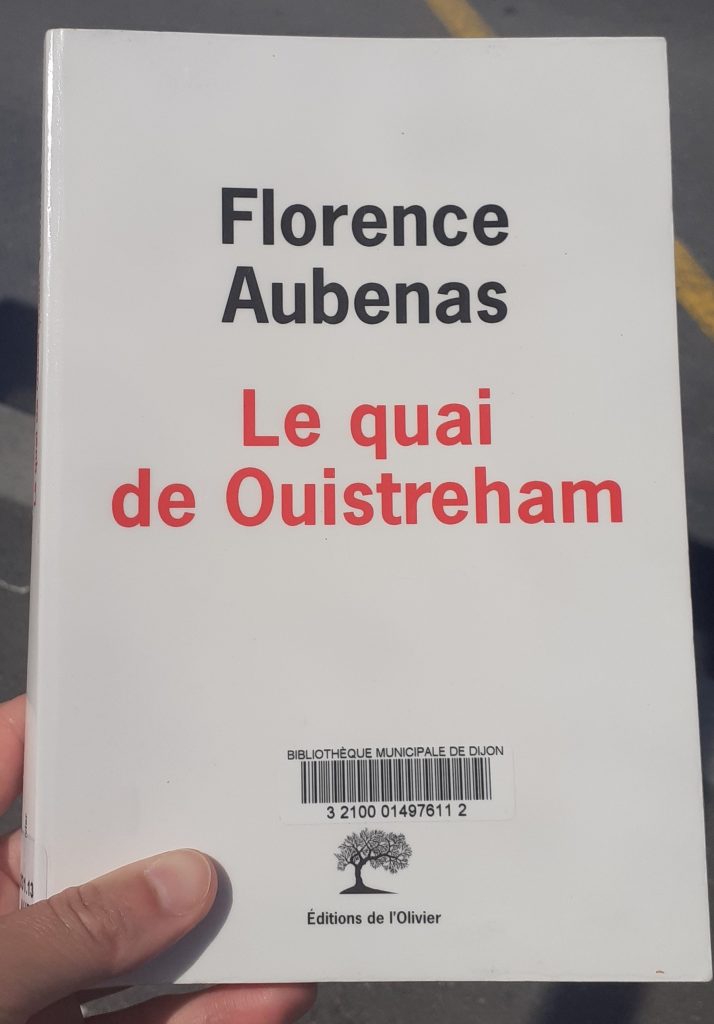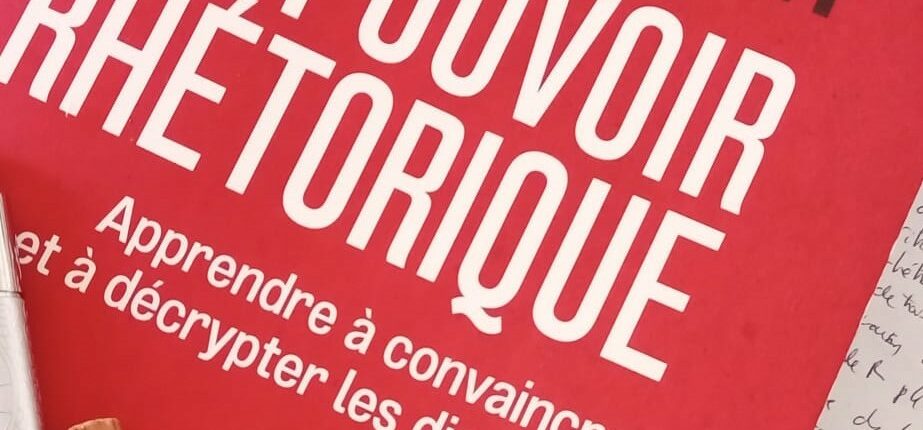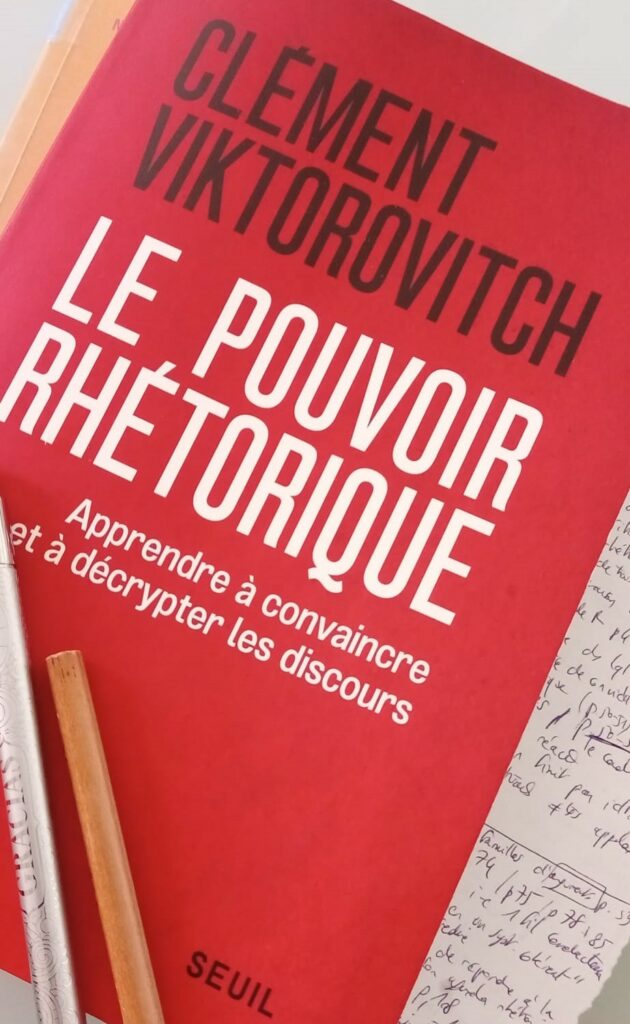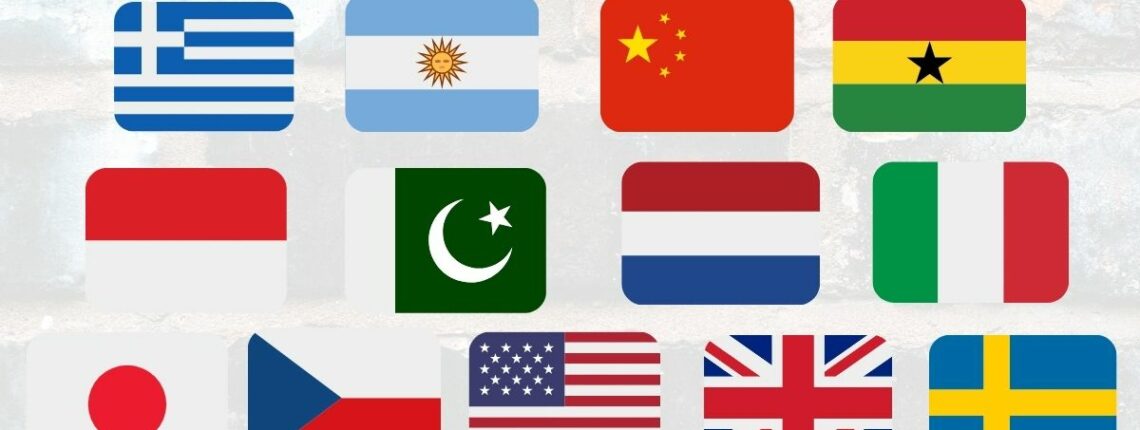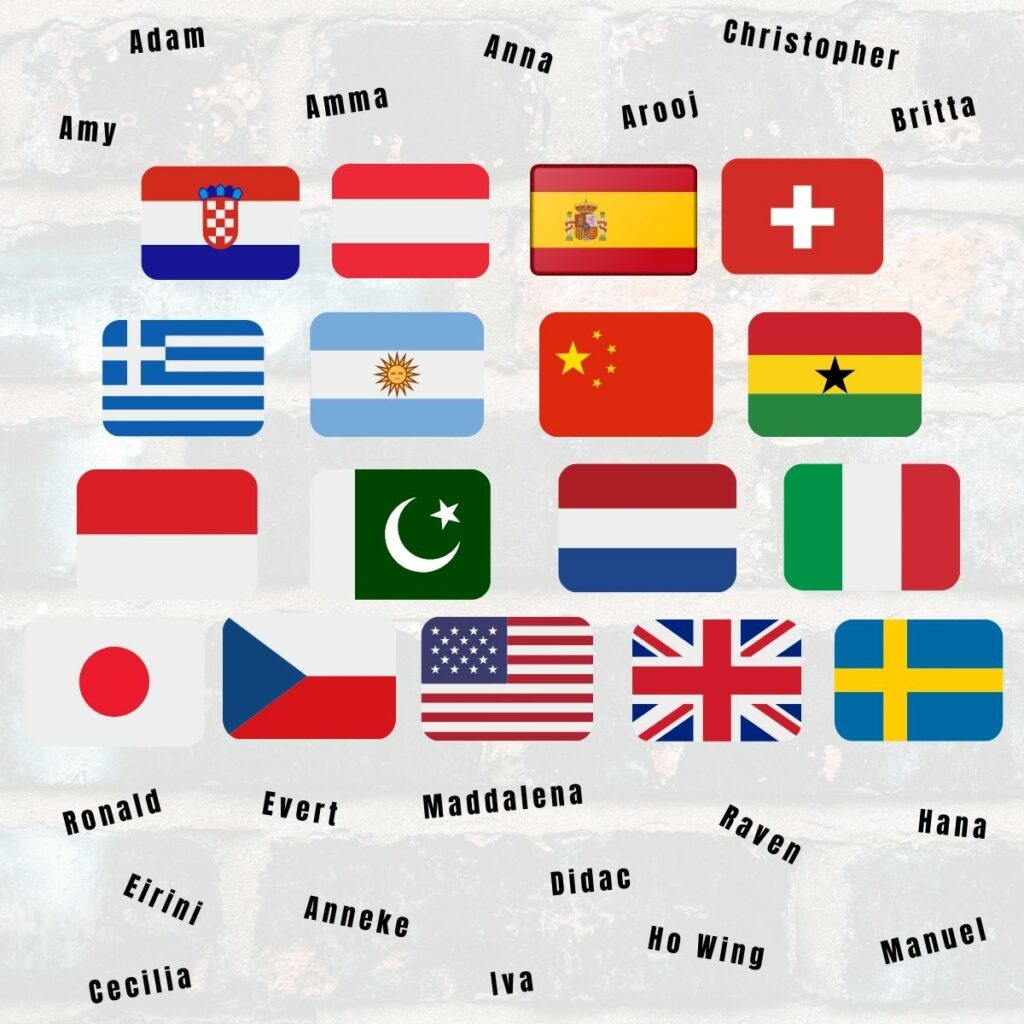How can you get prepared for DELF B2?

You are currently living in Montpellier for work or to study or you will visit soon and maybe wondering about DELF exam and how you can get prepared for it?
First, why would you even do that 😅?
You need to know that the DELF B2 exam is a French official certificate valid for lifetime. It is required to prove your proficiency if your project is for example to go to a French university / business school or apply for citizenship.
It is divided into 4 parts, 3 at the same time with other people (listening, reading and writing) and the last part (speaking) in a one-to-one assessment.
⚠️ Of course, you have to get prepared regarding the content itself but you also have to get prepared for the exam (getting familiar with the way it happens, managing time, etc.)
Listening
Forget everything, close your eye if needed and focus on what you hear, don’t interpret, just l-i-s-t-e-n.
Don’t tell yourself “I understand nothing”, grab these words and pieces of sentences you caught.
You can practice listening with short videos from local TV channel France 3 Occitanie and when you will feel confident, short audio reports like this one from France 3 Hérault and then, step by step, you go to longer contents, etc. Find what works for you.
Reading and writing
Always focus on finding the verb in a sentence! It will lead you to the sujet and the most important elements to understand the meaning. To practice French reading, focus on what you like, for example if you like tennis 🎾, follow French sport news and French athletes on social media to become more and more familiar with the vocabulary. Also, you will find here my advice if you want to read books in French 📚.
This being said, as you can easily guess, if you read regularly in French, you will naturally be prepared for the writing part of the exam. Indeed, while you read, your brain does its work silently: remembering expressions but also things that go together and things that don’t (always follow that voice inside you!).
🚨 2 important tips when you write:
- avoid long sentences when it is not necessary
- proofread your work please!! A very simple thing most people forget to do 🥺
Speaking
Managing time is particularly important here so prepare a bullet list of what you want to say because you don’t have the time to write a full text. Also, the purpose of this exercise is to prove your speaking level, not convincing or being convinced, so even if you don’t ride a bike, don’t put an end to the exercise because you are not concerned by this topic ! Always try to find a way to develop ideas, for example in this case, you could talk about a close one who is concerned.
Remember that the aim of the exercise is to make the instructor forget about the exam because both of you are having a smooth conversation in French 🤩!
📍 Examples of mistakes you can’t afford to make with a B2 level in French: forgetting the connection between “de + un” making “d’un” or not knowing the conjugation of basic verbs like être, avoir, aller.
🔥 Last but not least, your mindset is the key before and during the exam!
- Can you focus on your goal?
- Can you prioritize based on a list of tasks?
- Have you identified what keep you motivated?



